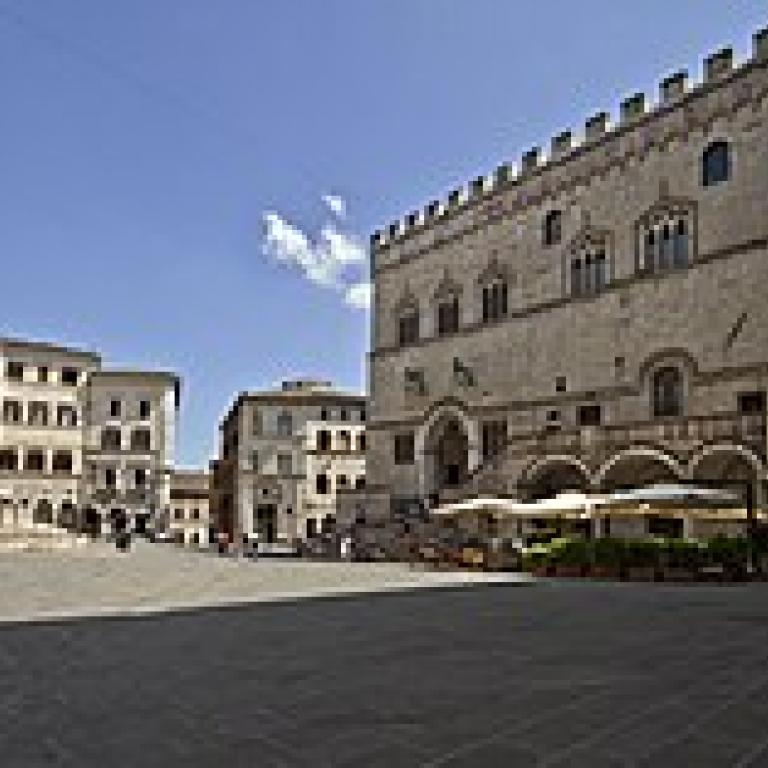Coordinator
Gaetano Carmeci
Università di Trieste
Dipartimento di Scienze Economiche, Aziendali, Matematiche e Statistiche “B. de Finetti” (DEAMS)
via dell'Università 1 34123 Trieste
fax: +39 0405587005; phone: +39 0405587100
e-mail: gaetano.carmeci@deams.units.it
Lecturers
Gaetano Carmeci, University of Trieste, Italy
Roberto Casarin, University of Venice, Italy
Matteo Ciccarelli, European Central Bank, DG Research
Antonietta Mira, USI Lugano, Switzerland and Università dell’Insubria, Como, Italy (to be confirmed)
Basic Requirements
Intermediate knowledge of econometrics
Course outline
The course is an introduction on Bayesian Inference, starting from first principles and covering topics of interest for applied econometricians in economics and finance. The course is addressed to students without previous knowledge of Bayesian Econometrics. The methods introduced in the lectures will be illustrated with hands-on applications in Matlab.
Course outline
A. Fundamentals of Bayesian Statistics
B. Bayesian computation
B.1 Monte Carlo simulation
B.2 Markov chains
B.3 Markov Chain Monte Carlo methods (Gibbs sampler and Metropolis-Hastings algorithm)
- Comparing performance
- Checking convergence
- Optimal scaling
B.4 Adaptive MCMC
B.5 Approximate Bayesian Computation
C. Bayesian methods for regression models
C.1 Normal linear regression models
- Standard LRM with spherical and non-spherical errors
- Hierarchical models i. Seemingly Unrelated Regression models ii. Panel data models
- Non-linear regression models i. Introduction to Non-Linear Regression models ii. Introduction to Latent Variable models
C.2 Model choice and model selection
- Checking model specification
i. Model fit and posterior predictive p-value
ii. Hypothesis testing in the LRM - Model selection
i. Marginal likelihood computation: Posterior odds ratio and Bayes factor
ii. Variable selection methods
D. State-space and stochastic volatility models
D.1 Linear and Gaussian State Space Models
- State Space Models
- Kalman filter
D.2 Nonlinear and Non-Gaussian State Space and Sequential Monte Carlo
- Hamilton filter
- Extended Kalman filter
- Particle filter
D.3 Stochastic Volatility (SV) Models
- Univariate SV models
- Multivariate SV models
- MCMC and particle filter for SV models
Software
Participants will use their laptops with MATLAB already installed on them.
Preliminary readings/Reference textbook for the course
Bauwens, L., M. Lubrano and J.F. Richard (1999), Bayesian Inference in Dynamic Econometric Models, Oxford University Press.
Berger, J. O. (1985), Statistical Decision Theory and Bayesian Analysis. Springer Series in Statistics (Second ed.). Springer Verlag.
Durbin, J. and Koopman S. J. (2001), Time series analysis by state space methods, Oxford University Press.
Greenberg, E. (2008), Introduction to Bayesian Econometrics, Cambridge University Press.
Koop, G. (2003), Bayesian Econometrics, J. Wiley.
Koop, G., Dale J. P., Tobias, J. L. (2007.), Bayesian Econometric Methods, Cambridge University Press.
Liu, J. (2001), Monte Carlo Strategies in Scientific Computing, Springer Verlag.
Robert, C. P. (2001), The Bayesian Choice – A Decision-Theoretic Motivation (second ed.). Springer-Verlag.
Robert, C.P. and Casella G. (2004), Monte Carlo Statistical Methods, New York: Springer-Verlag.
West, M. and Harrison, P. J. (1997), Bayesian Forecasting and Dynamic Models, Springer-Verlag.
Handouts, readings and further material will be provided before the beginning of and during the lectures.
Venue
The Module will be held in the Bank of Italy's Scuola di Automazione per Dirigenti Bancari (SADiBa), via San Marco n.54, Perugia. Participants will be accommodated at SADiBa (Full board) and lodging is price included with the cost of the course.
Fees and Enrollment
- Students, PhD students and temporary university staff: 600€
- University staff: 700€
- Others: 2300€
Fee includes: Full board accommodation (usually in double room) starting from Sunday.
Partecipants who wish to attend two or three modules, are allowed the following reduced fees per Module
- Students, PhD students and temporary university staff: 500€ per Module
- University staff: 600€ per Module
- Others: 1750€ per Module
Contacts
- For administrative issues : Alessandra Picariello phone: +39 0512092637; e-mail: alessandra.picariello@unibo.it
- For more information: Antonella Mallus e-mail: info@side-iea.it
